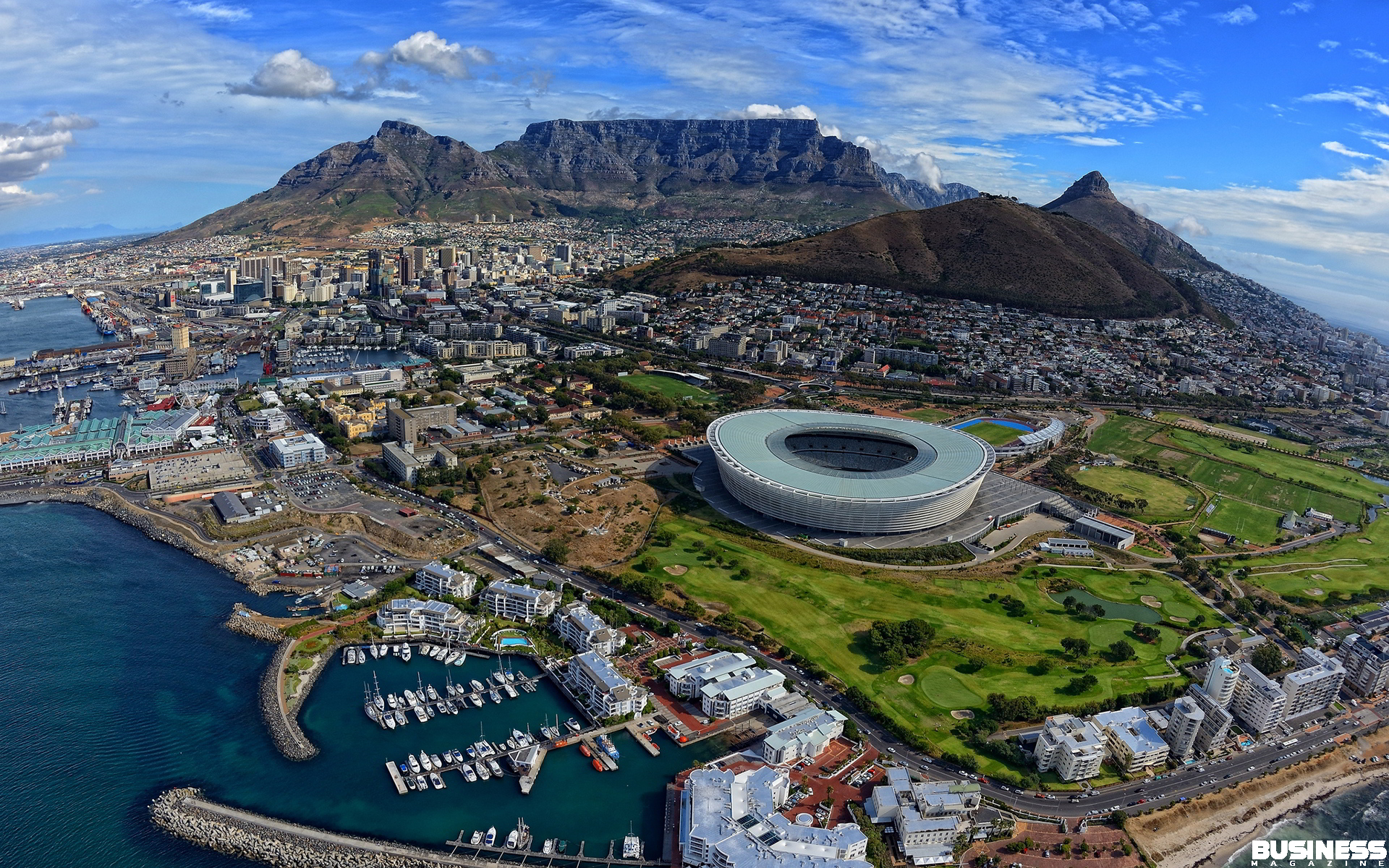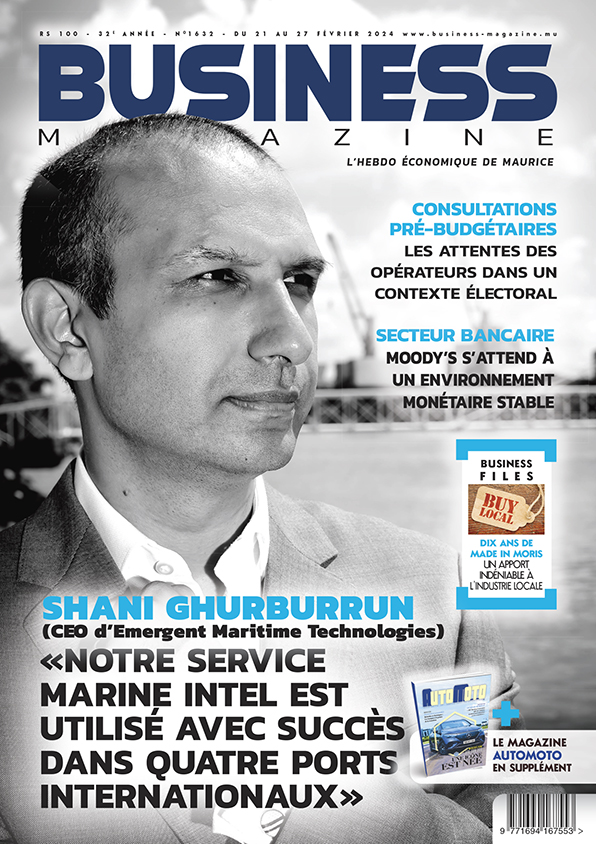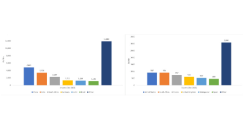South Africa And Mauritius : A Strong And Growing Partnership
Share

South Africa’s geographical position and economic status make it a key player in mauritian foreign trade. An already well established relationship which is set to grow even stronger. On the strength of certain commercial successes, the two countries have become significant financial hubs over the years, with the distinctive feature of being complementary. partners rather than rivals.
MAURITIUS and South Africa are only 3,099 km apart. The expanse of water that separates the two neighbours is far from being a hindrance to the exchange of human and economic capital between the two countries; on the contrary, it is an opportunity. In 2023, according to figures published on Statistics Mauritius, 106,160 people arrived in Mauritius from the land of the Springboks. This represents 36.30% of tourists from the African continent in the same year, and 8.20% of all tourists.
But it’s at the economic level that collaboration between the two countries is most telling. Navin Ramdoyal, Head of International Corporate at AfrAsia, states: “Historically, the two countries have signed several agreements to promote trade and economic cooperation, and they have a history of working together to strengthen regional integration and promote economic development in the Southern African region. South Africa has played a pivotal role in sustaining the traditional economic pillars of the Mauritian business ecosystem, making significant contributions over the past decades, notably in clothing, textiles, sugar and plastics. With the African Continental Free Trade Area, the economic partnership across member states and with South Africa has been further magnified as Mauritius positions itself as a leading business and financial hub, facilitating trade and investment flows throughout Africa”.
The figures bear this out. Last January, 10.3% of Mauritian exports went to the rainbow nation, putting it in second place, after Madagascar, among the countries to which Mauritius exports the most. On the other hand, in January, South Africa was the 4th country from which Mauritius imported the most goods and services, accounting for 8.1% of all products arriving on the island.
However, Bilal Adam, president of the Mauritius South Africa Chamber of Commerce, notes that “comparing December 2023 figures with those of January 2024, we observed a decrease in international trade from about Rs 16 billion to Rs 13 billion. This reduction in trade is reflected in both imports and exports, resulting in a tighter trade deficit of Rs 3 billion. While this indicates a positive tightening of the trade deficit, Mauritius remains a net importer. In January, Madagascar emerged as a leading export partner for Mauritius, while for the year 2023, South Africa held the top position. Despite these fluctuations, South Africa remains a key trading partner for Mauritius, contributing significantly to both imports and exports. This underlines the importance of the bilateral trade relationship between the two countries in Mauritius’ economic landscape.”
Over the past 26 years, the exports from South Africa to Mauritius have experienced a consistent annual growth rate of 2.8%, reaching USD 639.43M in the year 2023. The primary products that Mauritius imports from South Africa include coal, automotive and foodstuffs. In contrast, during the same time frame, exports from Mauritius to South Africa amounted to USD 199.98M. Textile products and services stand out as the primary products that Mauritius exports to South Africa.
For Navin Ramdoyal, this is just the beginning: “Being members of the Southern African Development Community (SADC) and signatories of the Africa Continental Free Trade Agreement signed in 2018, both Mauritius and South Africa enjoy preferential trade terms. Both economic partners are poised to witness a surge in trade activities, fuelling economic growth and fostering cross-border collaboration ensuring Africa reinforces its position as the key exporting partner.”
To perpetuate and accentuate this collaboration, for Bilal Adam, the solution lies in Mauritius’ agility and willingness to adapt to emerging trends and opportunities, both in terms of services and goods. In his view, the country’s strengths include its multilingual, highly-qualified people and diverse workforce; not to mention its business-friendly environment, with favourable time zones and robust Internet connectivity. For him, the country must continue to emphasize its accounting and financial services, and try to establish itself in emerging sectors such as artificial intelligence and fintech, more generally.
Over the past decade, South Africa and Mauritius have emerged as prominent financial centres in Africa, serving as catalysts for the continent’s economic growth. Rather than competing for capital and trade flows, these two nations have complemented each other in their respective financial domains. South Africa boasts highly developed financial markets, including world-class stock exchanges and advanced derivatives markets. In contrast, Mauritius excels in areas such as exchange control, international trade facilitation, and providing an attractive environment for global headquarters.
While Mauritius may be perceived to be behind in certain financial market aspects compared to South Africa, it has carved out a niche as a hub for global businesses looking to expand into Africa. Mauritius’ strategic location, coupled with its business-friendly policies, makes it an ideal choice for companies seeking to establish regional headquarters or access the African market. Navin Ramdoyal sustains: “Beyond their economic partnership, South African businesses have increasingly utilized Mauritius as a procurement hub and a backbone for expanding their operations beyond the borders of South Africa.” Bilal Adam adds: “Rather than viewing these two jurisdictions as competitors, it’s more sensible to see them as complementary. South Africa serves as the financial powerhouse of Africa, akin to New York’s status in the global financial arena, while Mauritius positions itself as a regional hub, more like the Singapore of Africa, drawing on its strengths to attract international businesses looking to capitalize on opportunities across the continent.”
Every good story needs its heroes, and every business collaboration needs its successes. This is the case with companies like Aspen, GRIT, DSTV, Engen, and many others. In conclusion, Bilal Adam would like to remind that “it’s important to emphasize that our relationship extends beyond business; it’s also deeply rooted in social connections and familial ties. Many individuals have studied or lived between South Africa and Mauritius, and it’s common for Mauritian investors to have interests in South Africa. Addressing misconceptions about foreign investment is important; while some may fear an influx of South African investors, it’s worth noting that the investment flow is bilateral. Mauritian citizens have equal opportunities to invest in South Africa, demonstrating the reciprocal nature of our economic partnership.

















